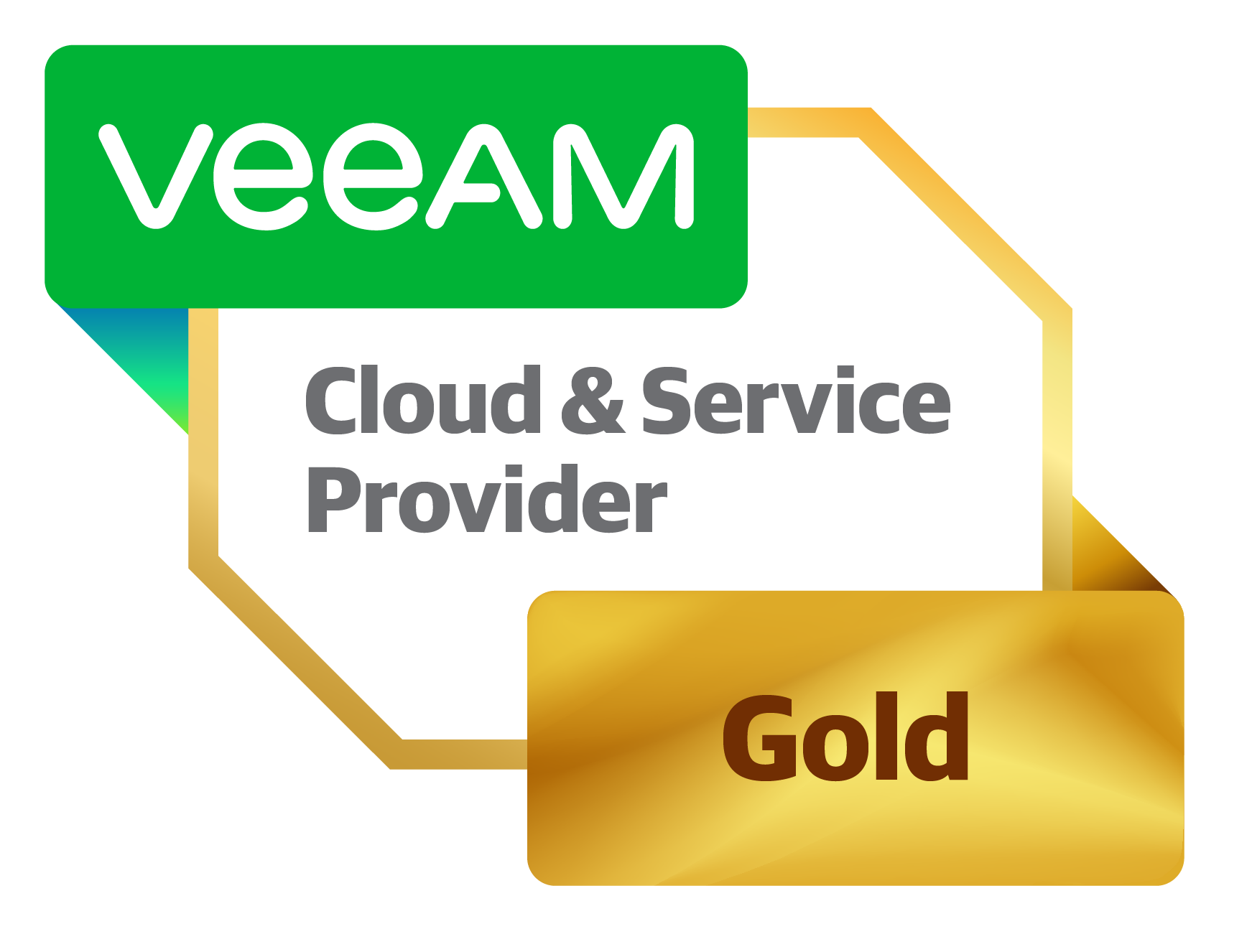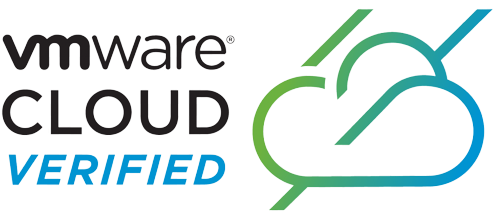Your Data, Your Choice: Understanding Data Sovereignty and the Global Power Struggle
South Africa is rapidly embracing the digital age. From banking apps to online shopping, more and more of our lives are happening in the cloud. But have you ever stopped to think about where that data is actually being stored and who has access to it? That’s where the concept of data sovereignty comes in, and it’s becoming increasingly important, especially given the rise of powerful regulations like the US CLOUD Act.
What is Data Sovereignty?
Simply put, data sovereignty is the idea that data is subject to the laws and regulations of the country where it’s collected or stored. It’s about control – ensuring that South African citizens and businesses retain control over their data and that it’s protected by our own legal framework. This isn’t just about privacy; it’s about economic and national security, too.
The US CLOUD Act: A Cause for Concern
In 2018, the US passed the Clarifying Law and Other Necessary Disclosures (CLOUD) Act. On the surface, it seems to promote transparency, but it’s created significant concern internationally. The CLOUD Act allows US law enforcement to access data held by US-based cloud providers, regardless of where that data is physically stored.
Imagine a South African business storing customer data with a US-based cloud provider. Under the CLOUD Act, the US government could potentially demand access to that data, even if it’s stored on servers in South Africa, and without needing South African court approval. This presents a serious clash with South African laws and potentially violates our right to privacy.
Why This Matters to South Africa:
- Privacy Protection: South Africa has its own Protection of Personal Information Act (POPIA), designed to protect the data of its citizens. The CLOUD Act undermines POPIA’s ability to guarantee privacy.
- Economic Implications: Businesses may be hesitant to adopt cloud services from US providers if they fear US government access to their data. This could hinder innovation and economic growth.
- National Security: Government data and critical infrastructure data are particularly vulnerable. Dependence on US-based cloud services raises concerns about potential foreign interference.
- Legal Uncertainty: The legal landscape is complex and constantly evolving. It’s unclear how South African courts will interpret the conflict between POPIA and the CLOUD Act.
Europe’s Response: Taking Data Sovereignty Seriously
Europe has been leading the charge on data sovereignty. They recognize the risks of relying too heavily on foreign cloud providers and are actively working to create a more robust data protection framework within the European Union.
Here’s what Europe is doing:
- GDPR (General Data Protection Regulation): GDPR, already in effect, sets a high standard for data protection and gives individuals greater control over their personal data.
- Gaia-X: This ambitious project aims to create a European-controlled, interoperable cloud infrastructure. It’s designed to be an alternative to the dominance of US cloud providers. Gaia-X emphasizes data sovereignty, ensuring that data remains under the control of European citizens and businesses.
- Digital Services Act (DSA) & Digital Markets Act (DMA): These acts aim to regulate digital gatekeepers and promote competition in the digital market, further strengthening data sovereignty.
- Increased Data Localization Requirements: Some European countries are considering or implementing data localization requirements, mandating that certain types of data be stored within their borders.
The Rise of Local Cloud Providers
Fortunately, there’s growing recognition in South Africa of the need for local cloud solutions. Supporting and developing local cloud providers is crucial to achieving data sovereignty and mitigating the risks posed by regulations like the CLOUD Act. As Barry Kemp, MD of Nymbis Cloud Solutions, puts it, “The focus needs to be on empowering South African businesses with the control and security of keeping their data within our borders. Local providers can offer a tailored approach that aligns with our specific legal and regulatory environment and reduces the reliance on potentially conflicting foreign jurisdictions.”
What Can South Africa Do?
- Strengthen POPIA: Ensure POPIA is effectively enforced and consider amendments to explicitly address the challenges posed by the CLOUD Act.
- Promote Local Cloud Providers: Support the development of South African cloud providers and encourage businesses to adopt local solutions.
- Develop a National Cloud Strategy: A comprehensive strategy should outline the country’s approach to data sovereignty and cloud computing, including data localization requirements, cybersecurity standards, and skills development.
- Engage in International Cooperation: Collaborate with other countries, particularly those in Africa, to develop a unified approach to data sovereignty and cloud computing.
- Raise Awareness: Educate businesses and citizens about the risks and benefits of cloud computing and the importance of data sovereignty.
The Bottom Line:
Data sovereignty is no longer a theoretical concept; it’s a critical issue for South Africa’s economic and national security. By taking proactive steps to protect our data, we can ensure that South Africans remain in control of their digital future. The actions Europe is taking demonstrate the growing global recognition of the need for data sovereignty, and South Africa needs to follow suit.








